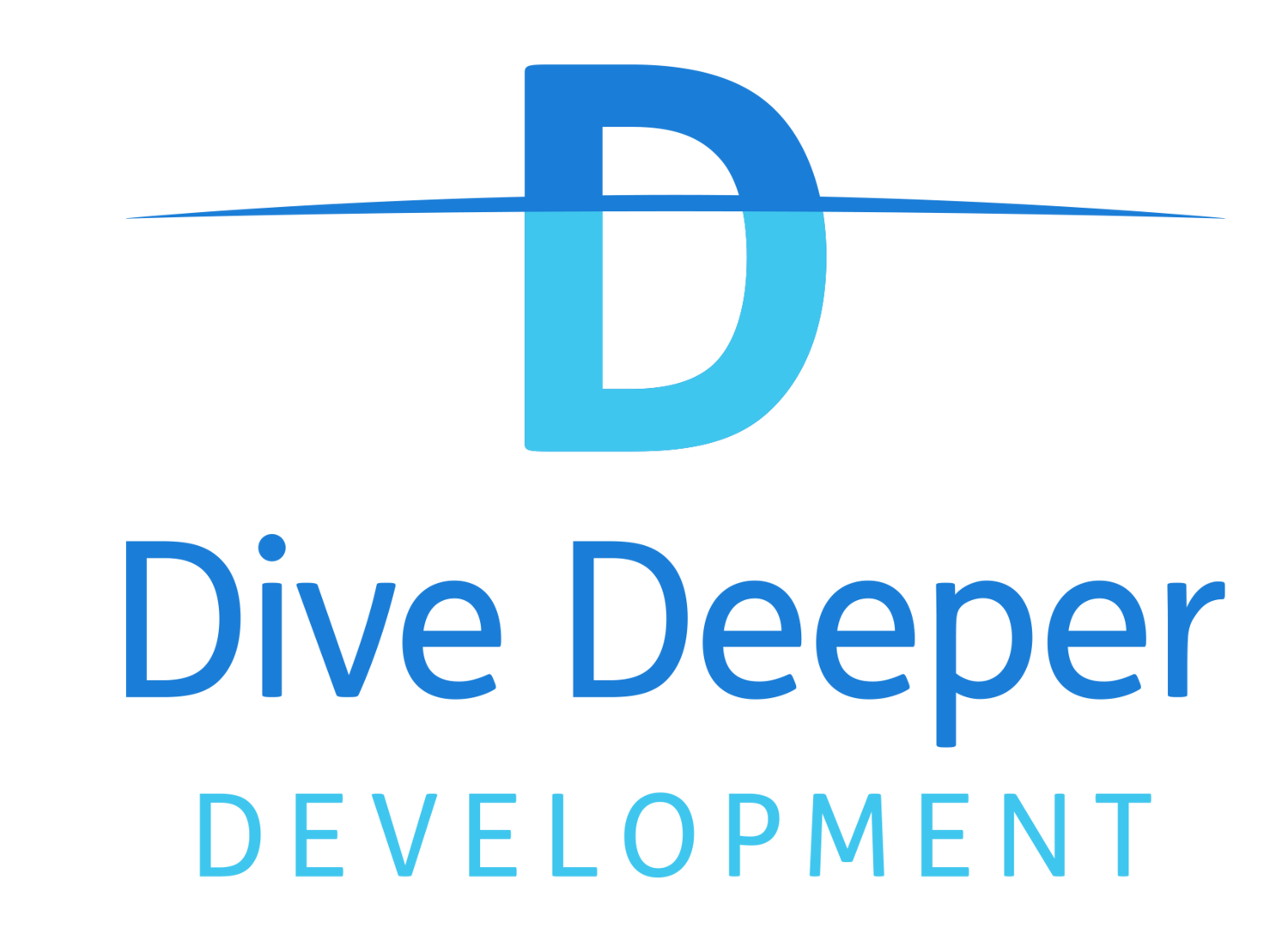Why Putting PDPs in Writing Pays Off
I coached a manager this week who’d offered a development opportunity to a team member eager to progress. They’d discussed growth and agreed he’d mentor a new starter. A few weeks on, the new starter’s work dipped. When she raised it, the team member pushed back: “That’s not my job.”
What happened?
There was no written Personal Development Plan (PDP)—just a chat. My advice: write it down. Not to create bureaucracy, but because a good PDP does real work:
Creates honest, two-way conversations. It’s a structured chance to explore what someone wants and why.
Signals genuine investment. It shows you’re developing them—not simply handing off tasks.
Captures and evidences growth. People can see progress, not just extra effort.
Clarifies fair accountability. If responsibilities are explicit, follow-through is easier to discuss.
I’m now helping that manager establish clearer PDPs across the team. As for why the mentoring slipped, there could be several reasons. A shared, written PDP gives both parties the clarity—and the space—to figure it out together.
